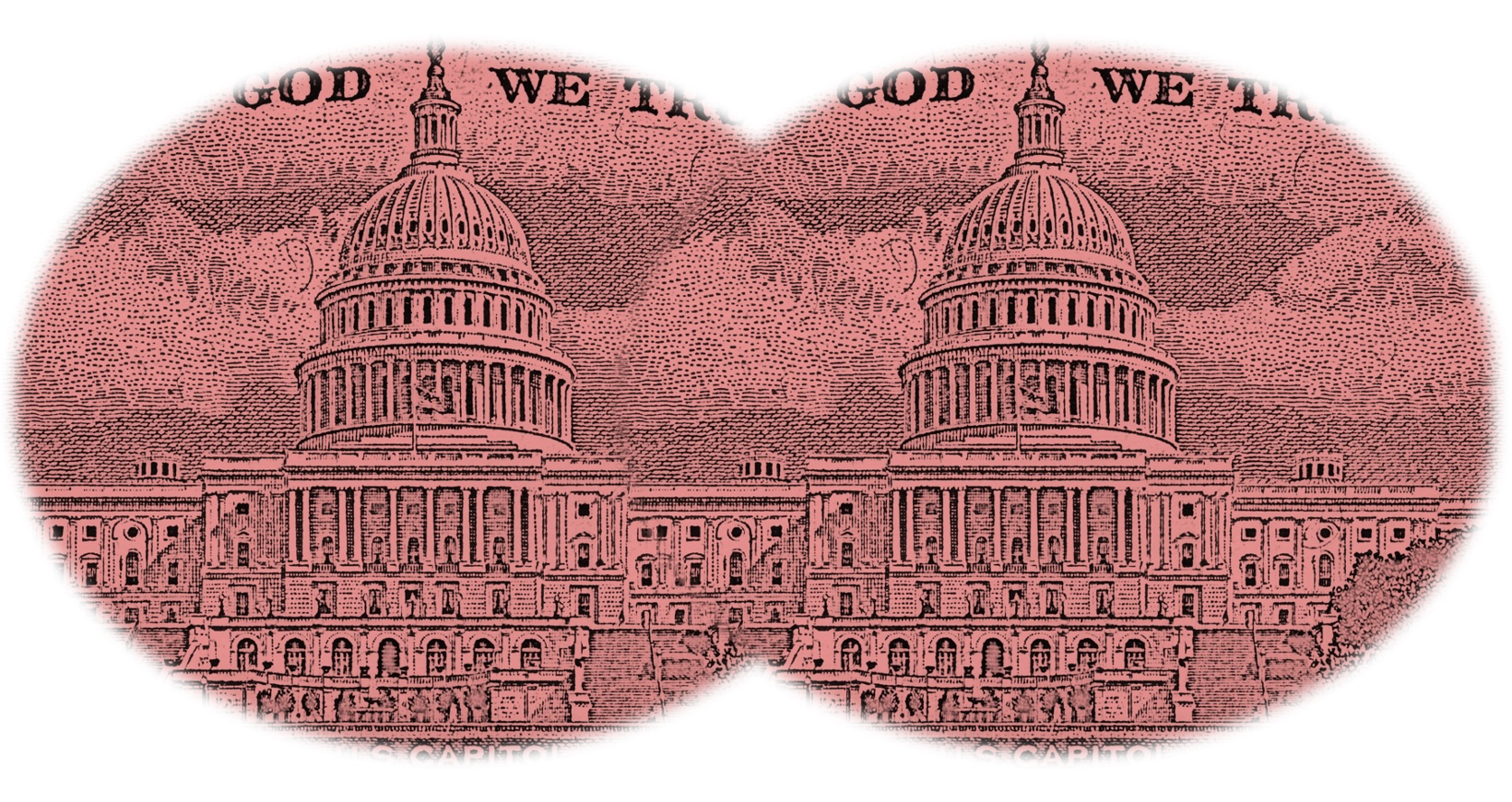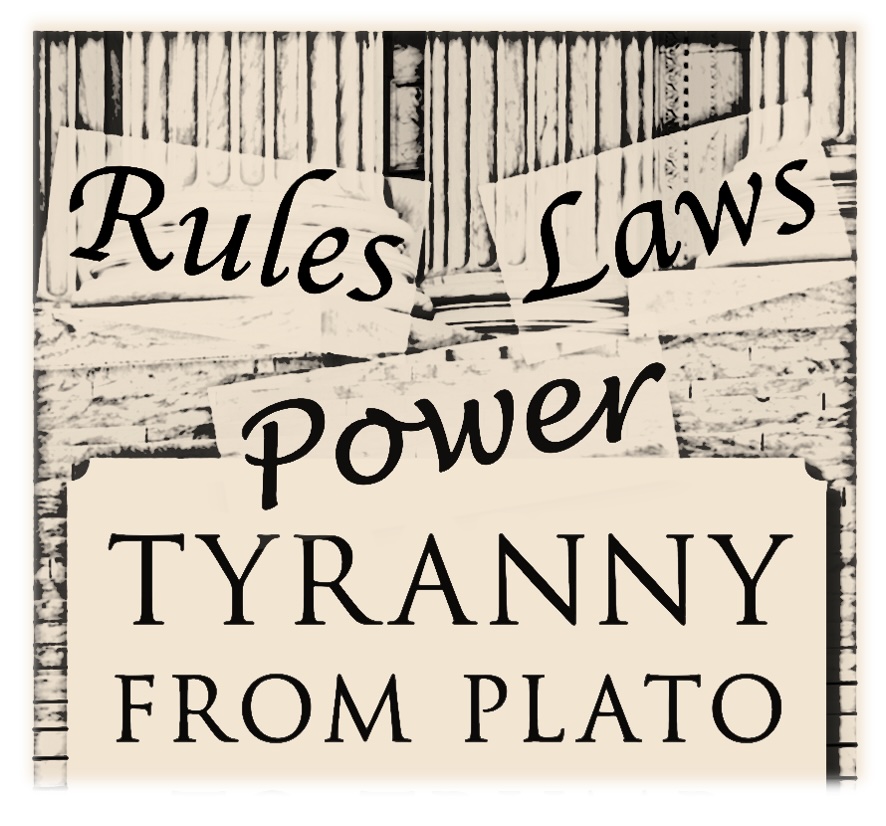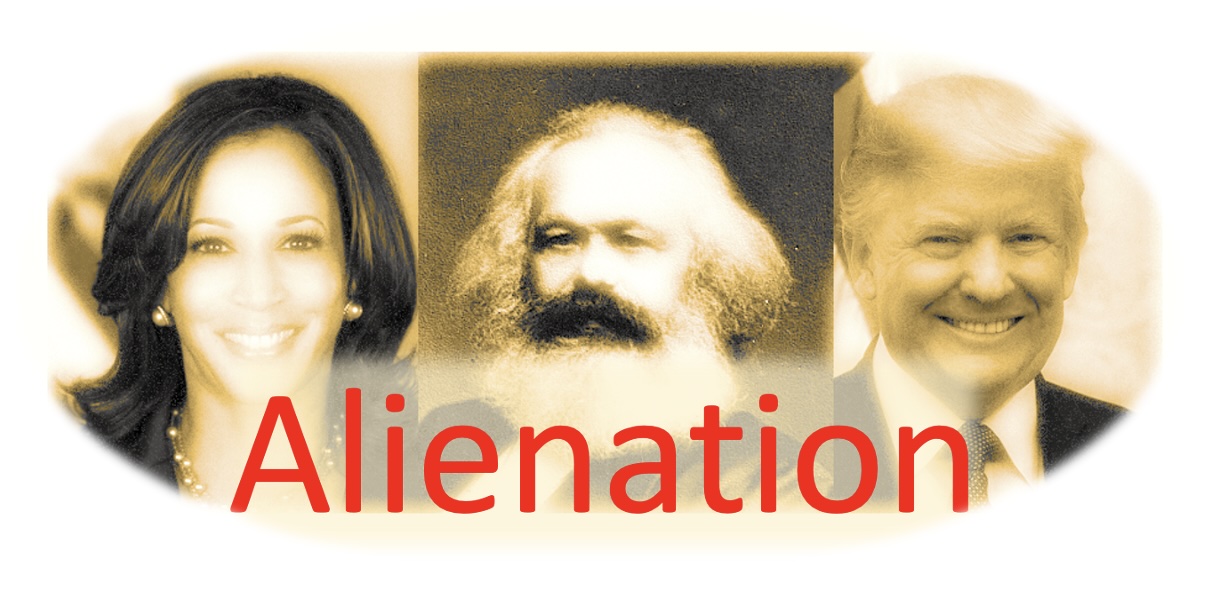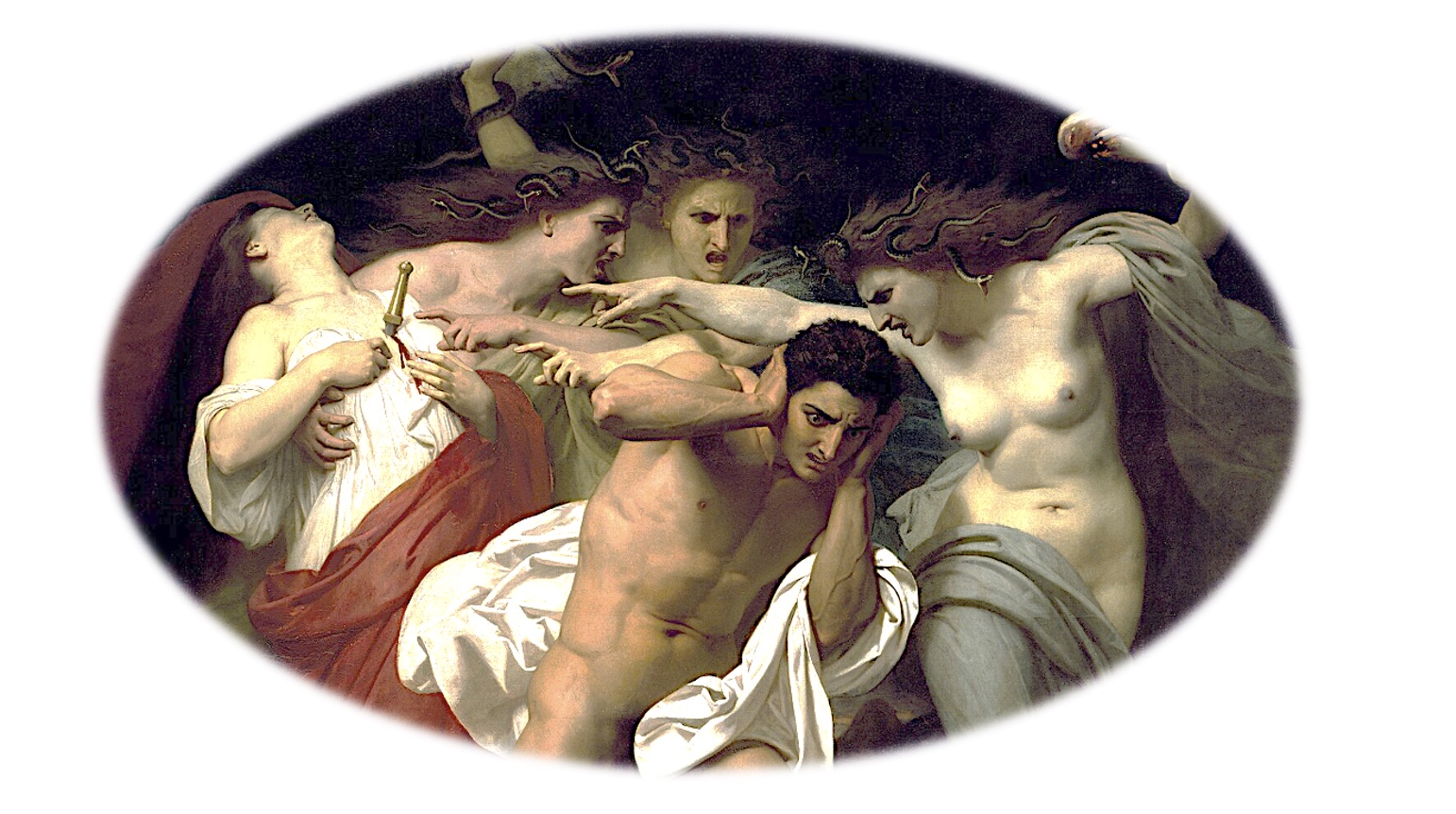Trump 2.0 will no doubt be as chaotic as Trump 1.0. But despite the hyperbolic effusions of the political class, the country will likely stumble along, divided among red and blue partisans and another third who simply don’t care (as I discussed in a recent column). The American Republic will not collapse with Trump’s political resurrection. Nor has the messiah returned with Trump’s second coming.
We would be wise to avoid hyperventilating and to keep things in perspective. On both left and right, the tendency to exaggerate can undermine critical thinking.
Trump is among the worst of those who exaggerate and embellish. In his victory speech Trump said, “God spared my life for a reason.” And, “This will truly be the golden age of America.” Trump’s Christian followers were even more direct. Christian nationalist firebrand Charlie Kirk saw in Trump’s victory the “Grace of God.” And Trump’s former spiritual advisor Paula White-Cain said of Trump, ““I declare tonight that your victory is found in Jesus Christ! Rest in Him – He has you, in the name of Jesus!”
Among the less zealous right-wing commentary, there was a tendency to exaggerate the significance of Trump’s victory. Consider, the smug conclusion reached by Peggy Noonan in the Wall Street Journal, who claimed that Trump’s victory meant that “America, after its long journey through the 2010’s and 20’s, is becoming more conservative again.”
On the other side, Trump’s victory brought forth lots of dire doomsaying. In The New Republic a column by Edith Olmsted proclaimed, “Americans just elected a fascist to the White House.” Another column by Ray Marcano said democracy “died on Nov. 6, 2024. It was 248 years old.”
Pundits and politicians are often loose with their language. Everyone can be tempted by hyperbole. But it behooves us to be more careful and precise, and to avoid the Trumpian trumpet.
I’ll leave an extended critique of the theological bluster for another column (and my forthcoming book on Christian nationalism). But suffice it to say that the American Constitution is a secular document whose First Amendment prevents the establishment of anything like Christian nationalism. I might add that God must work in quite mysterious ways to have hand-picked someone like Trump as an instrument of His will.
Now let’s think critically about the hyperbole of the secular press. Consider Peggy Noonan’s claim about the triumph of conservatism. To say that Trump’s election is a conservative victory requires lots of qualification. Conservatives like Mike Pence and other never-Trumpers refused to endorse Trump, whose lack of moral fiber and indifference to truth is far from conservative.
The hyperventilating of the left-wing commentariat is also problematic. To say that democracy died as a result of this election is absurd. This election was fair—despite the fact that it was Trump who kept warning of rigged elections and who threatened the existence of democracy when he disputed the 2020 election. His victory in 2024 was a democratic result.
I understand the fear that Trump will undermine this system. He certainly challenged our democracy in 2020. He was wrong then. But so far, the electoral system continues to work. Trump left office then. He returned now through a legitimate process. We ought to have faith that this system will continue to operate in the future. Trump has made threats that may undermine the Constitution. The Supreme Court has offered a broad kind of immunity that might facilitate wrongdoing. And Trump will most likely prevent further investigation into his first administration. This is dispiriting. And we should remain vigilant. But democracy ain’t dead yet.
Left-wingers also ought to be cautious in invoking words like tyranny or fascism—and the idea of “resistance” to Trump 2.0. In a post-election column Robert Reich called for “peaceful and nonviolent” resistance to Trump. He said, “We the people will resist tyranny.” And, “We will resist Donald Trump’s tyranny.”
In my book on Trump and tyranny I argued for caution with the T-word. Trump was at most a would-be tyrant with a flawed personality. But he was (and is) constrained by our Constitutional system from consolidating power into full-fledged tyranny.
These Constitutional brakes may be wearing thin. But the system worked to prevent Trump 1.0 from subverting democracy. I agree when Reich calls for a peaceful and nonviolent response to the threat of tyranny. But it would better to describe this simply as adherence to the Constitution and its anti-tyrannical fundamentals. The separation of powers was designed to resist tyranny. This system should be embraced and strengthened. But we should be careful with loose talk about tyranny and resistance, lest our thinking become less peaceful and more extreme.
Which brings me to the F-word. During the 2024 campaign each side accused the other of fascism. The term has become a catch-all pejorative divorced from its original significance. Fascism is an authoritarian political movement that desecrates fundamental liberties in the name of ethnic-nationalist ideology. It is militaristic and state-centered. And it is dependent upon fanatical true-believers and ideologues.
It is true that Trump called his opponents (including the press), enemies of the people and that he hinted at violence and threatened his enemies with revenge. That essay in The New Republic that said a fascist has been elected to the White House lists a long litany of Trump’s dangerously transgressive language. There may be some MAGA true believers who want to see Trump embrace violent ideas that even he described as “dark.” And some Christian nationalists do in fact dream of overthrowing our secular system.
But I doubt that the majority of the Americans who voted for Trump are fascists who would support a Trump regime that tore up the Constitution, fomented violence, and persecuted religious minorities. There are Christian nationalists in our country, as well as sexists, racists, and other sordid characters. There always have been. But it is hyperbolic to suggest that the majority of Trump’s voters would support or tolerate the creation of a MAGA gestapo or the overthrow of the Constitution.
I could be wrong. History and human nature are unpredictable. In a symposium on my Trump book, a number of my critics suggested I was naïve and overly sanguine in my analysis of the Trump era. With Trump’s second coming, those critics might prove to be right. So let me conclude by saying that while I think we ought to be moderate and careful in our language, we also ought not be naïve. The danger of tyranny is as old as Plato, who pointed out that the moronic masses can end up voting a tyrant into power. This problem is real. No democracy lasts forever. Nothing human does.
But there is stability in the American system, which was designed to prevent tyranny. It also helps to know that many conservatives agree with liberals that Trump 2.0 will be dangerous. I suspect that those conservatives would also agree with me that the theological fervor around Trump is both blasphemous and un-American.
Democracy is not dead yet. But we must remain vigilant.






